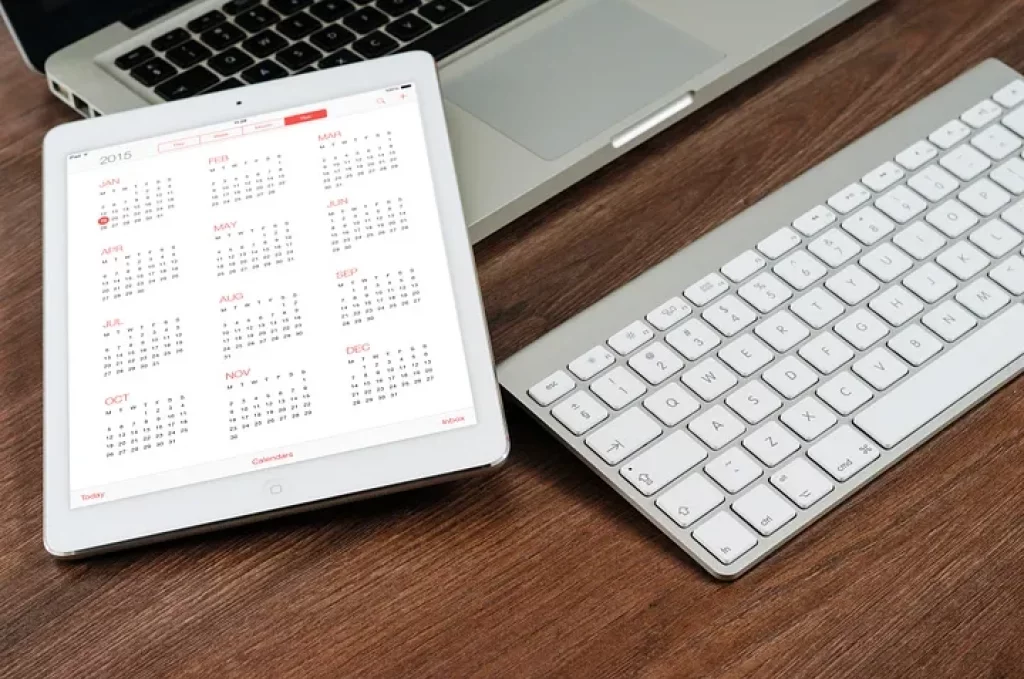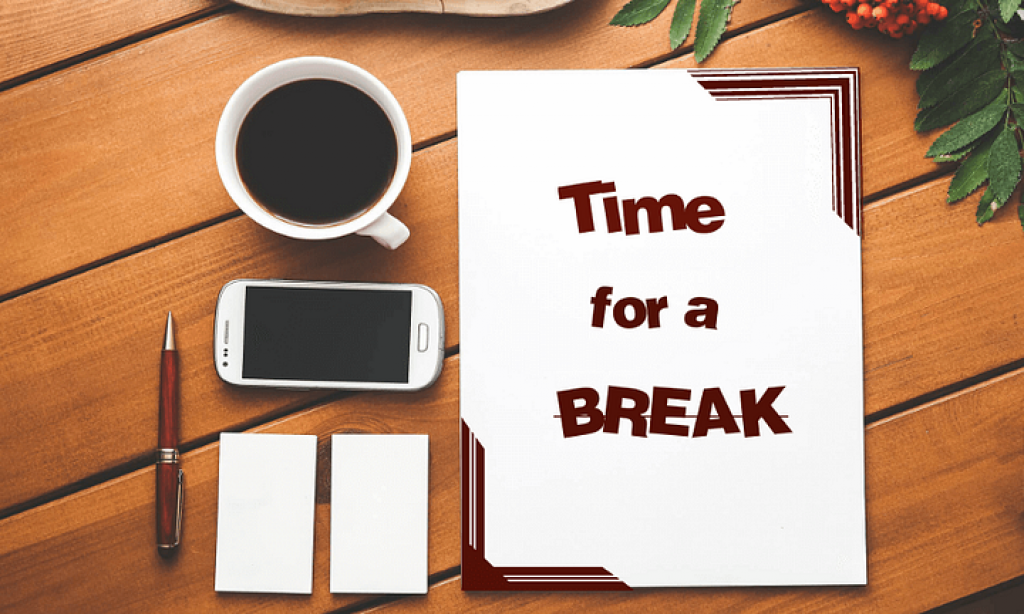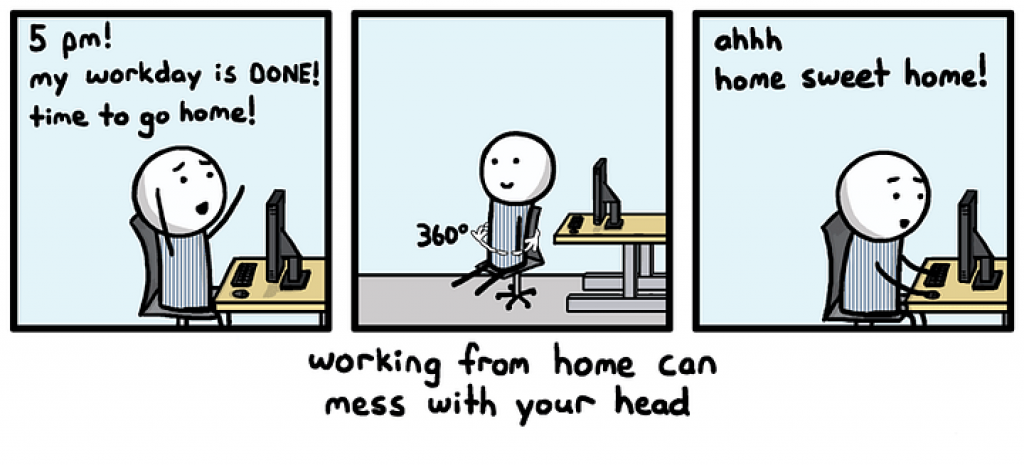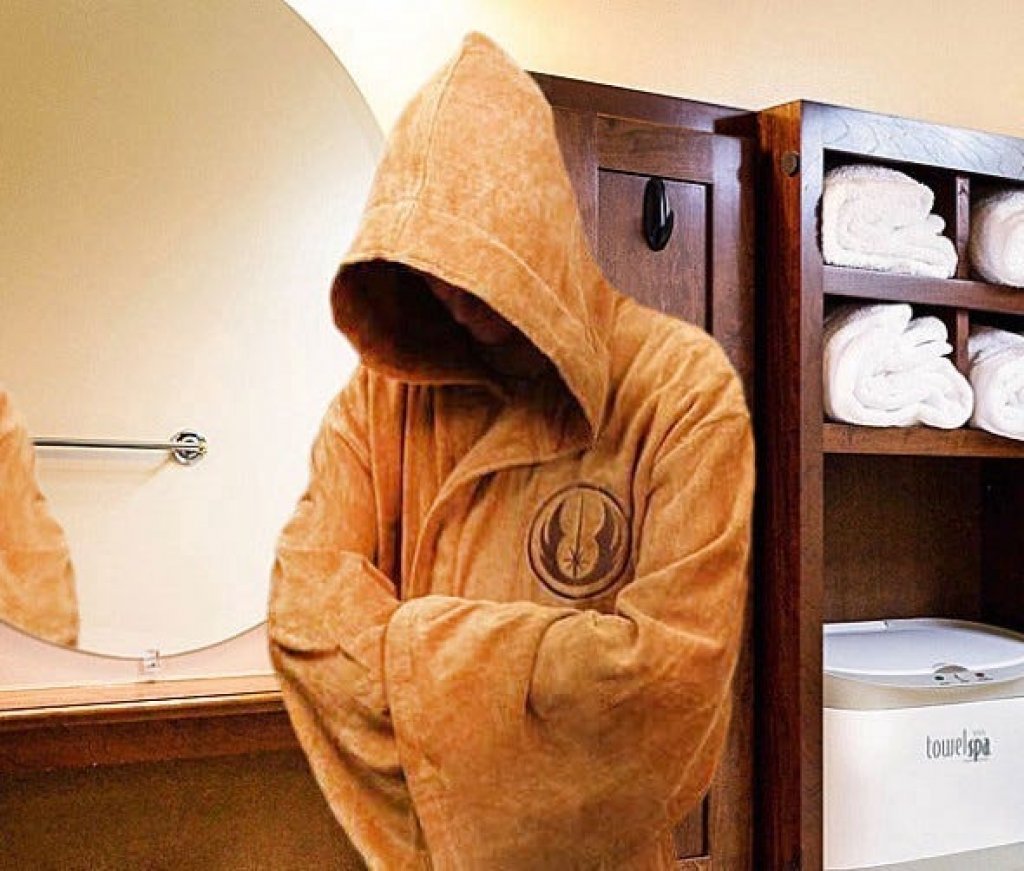12 Absolute Must-Do’s to Stay Productive When Working From Home
The top tips to help you work from home productively.
TL;DR
Prepare yourself for the workday — (get out of your Star Wars Pyjamas)
Set up your work environment — (away from the TV)
Avoid distractions — (don’t check Facebook every 15 minutes)
Stop when you’re workday is done — (Yay! you can stop working)
Remember you have a job to do — (and you’re responsible!)
Working remotely has many benefits
It helps cut down commuting time, reduces stress, allows you to work from anywhere as well as a myriad of other pros.
But how do you stay focused? You’re not in an office environment and there’s likely to be an array of distractions around. From checking Facebook to see if anything interesting has happened in the last 15 minutes, to having your kids come in during an important meeting.

We joke, but it’s not unusual to be distracted from what you’re meant to be doing, work related or otherwise.
For instance, I recently redecorated a room at home, but every weekend, when I tell myself “I’ll clean up the mess”, I end up procrastinating by watching The Walking Dead TV series (so at least it’s not a totally wasted weekend).
But working remotely isn’t like putting off household chores, you’re accountable for your work, and not doing it can have repercussions. Here are some of our best tips to help you stay focused on work, to keep you as productive as possible.
1. Set your working hours
This helps you get into a routine where you will focus on your work. It creates the perception of being in an office environment, and that the hours between 9 to 5 (for example), are your employer’s hours, where you do the work they need you to do, and only the time outside this is your time.
It’s a dangerous idea to wake up when you want and think ‘I’ve got all day to get work done’, only to wind up with your day being wholly unproductive.
If you’re lucky enough to have flexible remote working hours, find the time you work most productively and set your work hours then :)
2. Structure your workday

You may find it helpful to start work 30 minutes earlier to plan what you’re going to accomplish that day, setting out what projects you are going to focus on, when you’re going to break for lunch etc.
You can also break down your project work into smaller goals, so rather than you bouncing between different elements of your projects, you can concentrate on individual milestones, and maintain your productivity.
There are various tools that you can use such as Trello or Wrike, that help you plan and visualise what you’ll be working on.
3. Also, schedule in some rest breaks

Wherever you work, you will take breaks throughout the day, for lunch, toilet or comfort break, to make a cup of tea (or coffee), a quick stand up and stretch when you get cramp. Just as you would do in an office environment, you need to take breaks when working remotely.
Taking brief mental breaks from work helps you stay focused — Tweet this
We have limited attention spans and can start to lose focus, taking brief mental breaks from work helps you stay focused. Taking a breather helps your brain get a few minutes to cool down and recharge, even stepping outside to get some fresh air and a change of scenery helps.
Using something like the Pomodoro technique will make you work in short 25 minute bursts, with a 5 minute break so you focus your concentration entirely on the work time.
You could also try The Muse’s adjusted version of 52 minutes work, followed by a 17 minute break, which they found their most productive remote employees would do.
4. Create a dedicated work area (away from distractions)
Your workspace (the actual space where you’ll be working), needs to be conducive to working for extended periods.
So make sure you have your essential work items (laptop, notepad, pens, headphones that you’re likely to need throughout the day) to hand.
Creating a workspace specifically made for you to work in helps in a couple of ways:
a) It prevents you from distractions, such as sitting on the sofa and being tempted to put the TV on in the background — then before you know it, you’re watching The Walking Dead… not working.

b) It allows you to create an environment you’re comfortable in when you work, aiding your productivity.
It also helps you to separate your work from personal life, so after you’re done working you can return to your normal living environment, essentially stopping you getting “stuck at the office”.

5. Limit your access to unneeded material
So you’ve set up a dedicated work area (as we mentioned in point 4), free from distractions and ready for productive work, great! But then you end up checking your social media and email every 10 minutes, stifling your productivity.
Most likely, working remotely means you’re on a computer with internet access, which gives you easy access to social media and emails.
For the average person, 28% of the time spent online, is on social media. — Tweet this
For the average person, 28% of the time spent online, is on social media, approximately 1 hour and 40 minutes everyday!
Without the ‘fear of getting caught’, this could increase the time spent on there, distracting you from work and lowering productivity.
I remember when I was working on my university dissertation, I regularly checked my Facebook, not for any particular reason other than to get temporary relief from the task at hand, a distraction, which meant completing it took a lot longer than it should have.
You can either, resist and limit how often you check (if you have the willpower), set times in your schedule when you check or use a browser extensions to limit access, and help keep you on track.
6. Fuel yourself for the day to come
In point 2 we talked about setting what you’ll be working on for the day to get you into the routine but making sure you’re physically and mentally prepared is also essential.
Having a healthy breakfast allows you to physically and mentally function at your best — Tweet this
Have a healthy breakfast (no Frosties!), to fuel you for the day, it allows your physical and mental health to function at it’s best. This in turn will improve concentration on your work, making you more productive.

Even if you work efficiently to begin with when skipping breakfast, by mid-morning you’ll likely be lacking energy, affecting both your intellectual and physical performance.
It will then stop you being distracted by hunger and having to prepare some food while you’re in the flow of productive work.
7. Smarten yourself up (get dressed)
This might sound a little odd, but hear me out.
It doesn’t have to be a shirt and tie (unless that’s your thing), but at least in clothes you’d normally wear when you might be seen by other human beings.
‘But wait’ I hear you say, ‘I’m working from home, why not just stay in my pyjamas and Jedi dressing gown’ (or is that just me?)
Getting dressed helps put you in a better mindset for working, it gears your brain into thinking about what you are preparing to accomplish.
Also, if you have any video calls throughout the day with colleagues or clients, how do you want them to see you, like a professional or a Jedi??

Though being a Jedi is awesome! Unless you’ve mastered your Jedi mind tricks, it’s probably best to get dressed into something more presentable.
8. Stay connected with your colleagues
Working remotely can be lonely, leaving you feeling disconnected from the rest of the team. 62% of telecommuters feel isolated, due to not seeing colleagues faces, which can have a negative effect on your productivity and focus.
62% of telecommuters feel isolated, due to not seeing colleagues faces — Tweet this
What you can do is set up a video call in the day to talk to your manager, to say hello and talk about what you’ll be working on, any issues you’re having.
This not only helps you stay connected with the team, but also keeps them in the loop of what you’ve been working on.
If your job requires you to be available to talk to clients or your team, make sure you’re available, have your communication tools on and ready (phone/Skype/Slack).
Another way of feeling more connected to your team is using an app like ours PukkaTeam (shameless plug as it’s a very useful tool), so you can see their faces and easily connect and collaborate throughout the day.

9. Avoid personal errands and favours
Yes, there are errands and chores you need to do around the house, (such as a quick hoover or last nights washing up), a neighbour or family member might need to do something for them because ‘you’re not IN work’.
Make sure to let others know you are unavailable, as it is still a work day. Avoid doing errands and chores during your work hours, it only leads to further distractions.

10. Eat healthy
Working from home could be unhealthy because you’re in the nearest proximity to the fridge, which could lead to an unhealthy lifestyle.
A study found that employees that lead unhealthy lifestyles were 66% more likely to result in a loss of productivity. Ensure you drink plenty of fluids throughout the day, get some exercise during your breaks, take a walk outside do some star jumps, whatever it is, don’t just sit on the sofa all day.
Employees that lead unhealthy lifestyles were 66% more likely to result in a loss of productivity — Tweet this
Keeping healthier food to snack on during working hours (rather than that leftover pizza) is also a good option, this will help you stay alert and focused.
11. Once you’re work day’s over, stop!

This can be hard to do when you’re working from home, your personal life can start to meld with your work life (which is why we suggested setting up a separate work space and set hours).
If you keep working beyond what you’ve set, it might seem like you’re getting more done, but this only leads to stress and eventually burning out, resulting in you becoming much less productive.
Once your set work hours are over, finish up what you’re doing and stop for the day, have a beer, glass of wine, coffee (whatever you fancy), sit back and relax, and start again the next day.
12. Remember, you have a job to do and you are accountable!
It’s nice to have the ability to work from home, giving you a little extra freedom, cutting out your commute and being able to build a work environment you’re comfortable in, just remember that it’s not a day off, you’re there to work.
You are accountable for the work you’ve done, if it looks like you’re not pulling your weight, it could result in you losing your remote working privileges (or worse).
Working remotely is based on trust, so minimising distractions and staying focused on your work show that you can be trusted, so follow these tips we’ve given and you’ll be well on your way!

Have anything to add…
What are your best tips and techniques for staying focused when working from home? Leave us a comment, we’d love to know 🙂



 Form the Blog
Form the Blog